- Write by:
-
Thursday, May 14, 2020 - 4:22:21 PM
-
526 Visit
-
Print
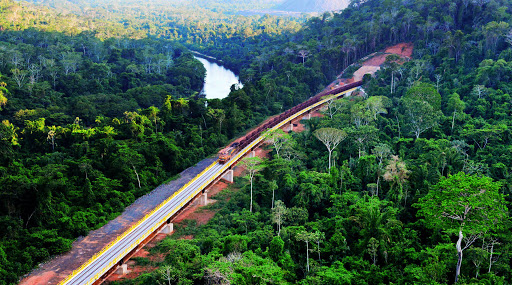
Mining News Pro - Brazilian miner Vale SA plans to spend at least $2 billion to cut both its direct and indirect carbon emissions by 33% by 2030, Chief Executive Eduardo Bartolomeo told Reuters on Tuesday.
Direct emissions refer to those from the company’s own operations, while indirect come from external sources, like electricity generated by a utility company and then used by Vale.
Vale previously announced plans to eliminate these emissions entirely by 2050, following a global corporate trend that has seen oil companies and other major emitters set targets to eliminate greenhouse gas emissions by mid-century.
Scientists have said the world is still far off from goals set under the four-year-old Paris Climate Agreement to cut emissions and hold temperature increases to 2 degrees Celsius, in order to avert the worst consequences of climate change.
Vale’s pledge does not yet apply to so-called Scope 3 carbon emissions, which refers to emissions anywhere upstream or downstream in the supply chain, although the company has said it aims to incorporate those in the future.
The miner’s plan includes using biofuels to pelletize iron ore instead of coal, electrifying its mines and railroads, increasing energy efficiency and using more renewable energy, Bartolomeo said in an interview.
The spending is already factored in the company’s investment plans for coming years. Vale’s goal is to reduce emissions to 9.5 million tonnes of carbon dioxide equivalent by 2030 from 14.1 million tonnes as of 2017.
A ruptured mining waste dam at a Vale facility in the town of Brumadinho in January last year led to the deaths of at least 270 people. Bartolomeo said the incident “woke us up to a need to relate differently to society.”
The Brumadinho dam collapse came less than four years after a similar type of Vale dam burst, spilling mining waste that spread for hundreds of kilometers and is considered one of Brazil’s worst environmental disaster ever.
Short Link:
https://www.miningnews.ir/En/News/529183
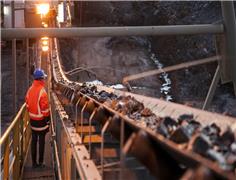
Copper traded near $10,000 a ton, hitting a new two-year high on its way, as investors continue to pile in on a bet that ...
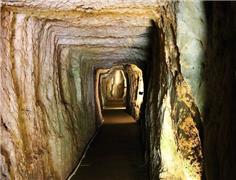
Adriatic Metals is taking over as the operator of the Rupice deposit development, which is part of the company’s Vares ...
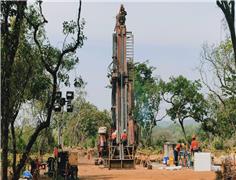
A prefeasibility study for Predictive Discovery’s (ASX: PDI) Bankan gold project in Guinea gives it a net present value ...
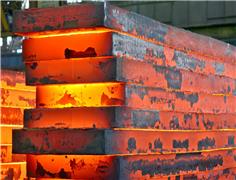
Iron ore futures prices drifted higher on Thursday as the latest soft data from top consumer China triggered renewed ...
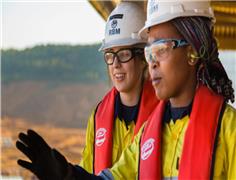
Rio Tinto said on Wednesday it is teaming up with a global venture studio and start-up investor to back the development ...
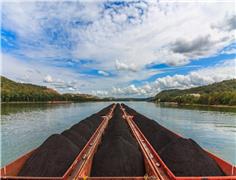
Outflows from global physically backed gold exchange traded funds (ETFs) continued for a 10th month in March, but at a ...
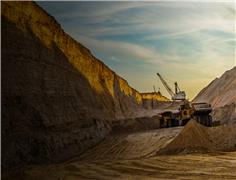
Australia’s Fortescue said on Monday it would form a joint venture with OCP Group to supply green hydrogen, ammonia and ...
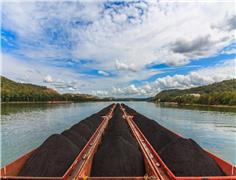
BMO Bank quietly dropped its policy restricting lending to the coal industry in late 2023, helping it avoid being ...

Mining News Pro - The ceremony of commemorating the tree planting day and the beginning of the afforestation project and ...
No comments have been posted yet ...